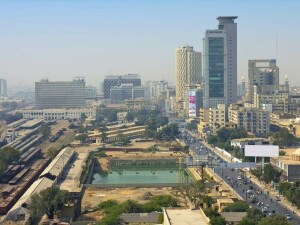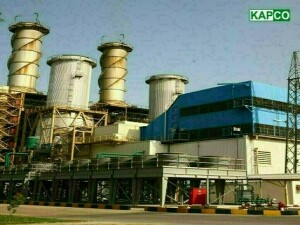The suffering of millions of Syrians caught up in their homeland's civil war is a "stain" on the world's conscience, European Commission head Jose Manuel Barroso said Monday. "The pain and suffering of the Syrian people is beyond what we can tolerate. It is a stain on the world's conscience," Barroso told reporters after talks with the International Committee of the Red Cross (ICRC).
His comments came as the European Commission said it would provide 85 million euros ($120 million) in humanitarian aid for people affected by Syria's civil war. The funds are part of a 400-million-euro pledge from Europe following a United Nations appeal made in June, which has proved difficult to finance amid problems with a budget over-run for the 28-nation bloc. Some 6.8 million Syrians, around a third of the pre-war population, now rely on humanitarian aid. Close to half are children.
"This is unacceptable," said Barroso. More than 115,000 people are estimated to have been killed since the revolt against President Bashar al-Assad broke out in March 2011, and over two million have fled abroad. Most refugees are in neighbouring Lebanon, Turkey and Jordan - who Barroso praised for their assistance - where there are rising concerns about tensions with overburdened local communities.
"Humanitarian crises have no borders. That's why we need to pay special attention to preventing the spread of conflict, and reduce tensions between host communities and refugees. That's also a reason why we need a political solution," said Barroso. The UN has asked rich countries to provide a haven for some 12,000 of the most vulnerable refugees, and some have begun doing so.
Beyond those, around 21,000 Syrians have claimed asylum in Europe so far this year, up from 24,000 in 2012, according to UN figures. European governments say aid efforts must focus on Syria's immediate region and have spent two billion euros ($2.7 billion) on crisis operations. UN investigators have accused both sides in Syria of breaking the laws of war and hampering aid, and Barroso echoed those concerns.
"Attacks against civilians, including humanitarian workers, are unacceptable," he said. The risks were made starkly clear by the October 13 kidnapping of six Red Cross staff and a Syrian Red Crescent employee, allegedly by an al Qaeda linked group. Three ICRC staff and the Red Crescent volunteer were released a day later, but three are still in captivity. "We're still hoping for, and working towards, as early as possible a release," ICRC head Peter Maurer told reporters Monday.
BR100
15,103
Increased By
140.9 (0.94%)
BR30
42,619
Increased By
540.8 (1.29%)
KSE100
148,196
Increased By
1704.8 (1.16%)
KSE30
45,271
Increased By
438.2 (0.98%)






















Comments
Comments are closed.